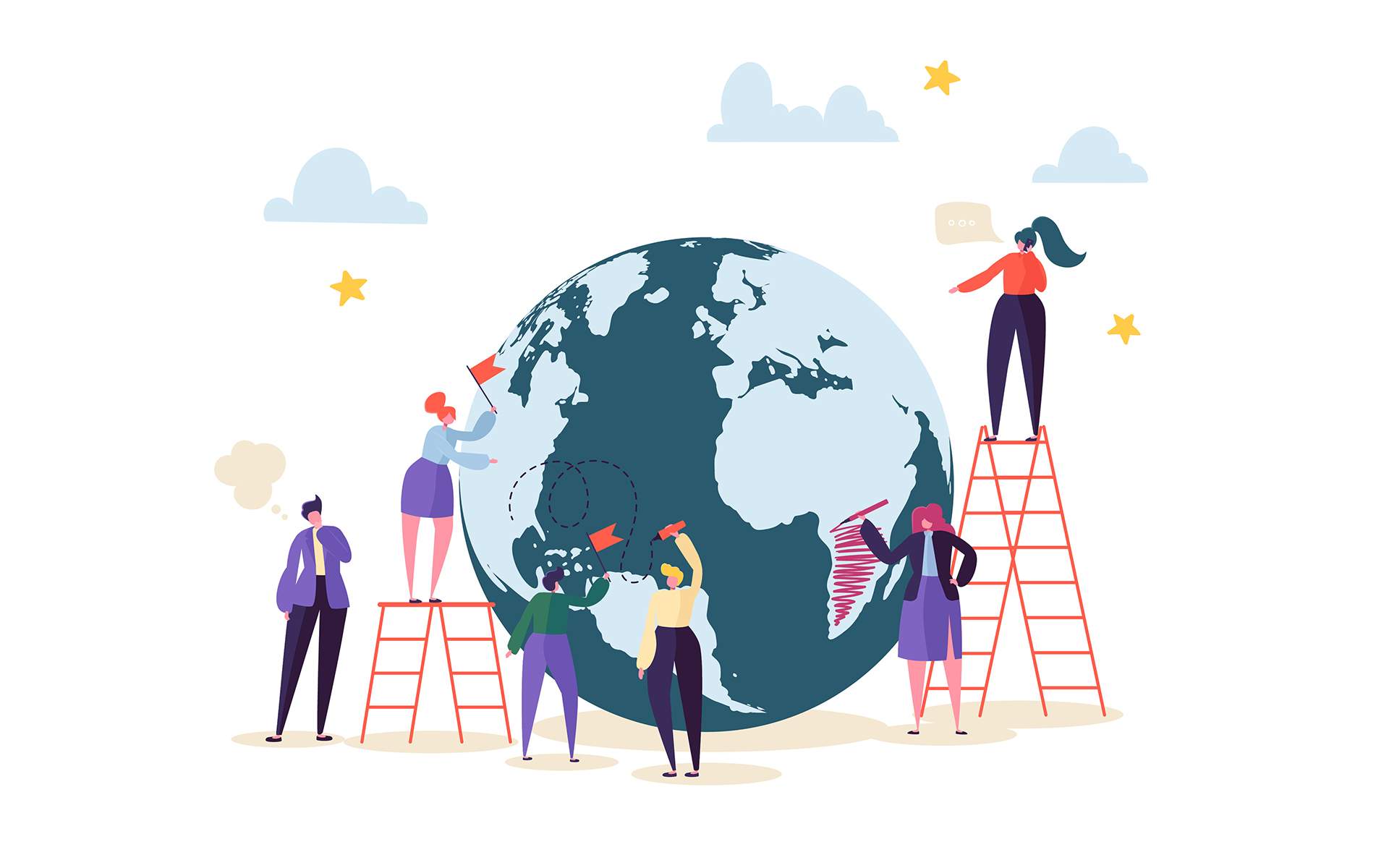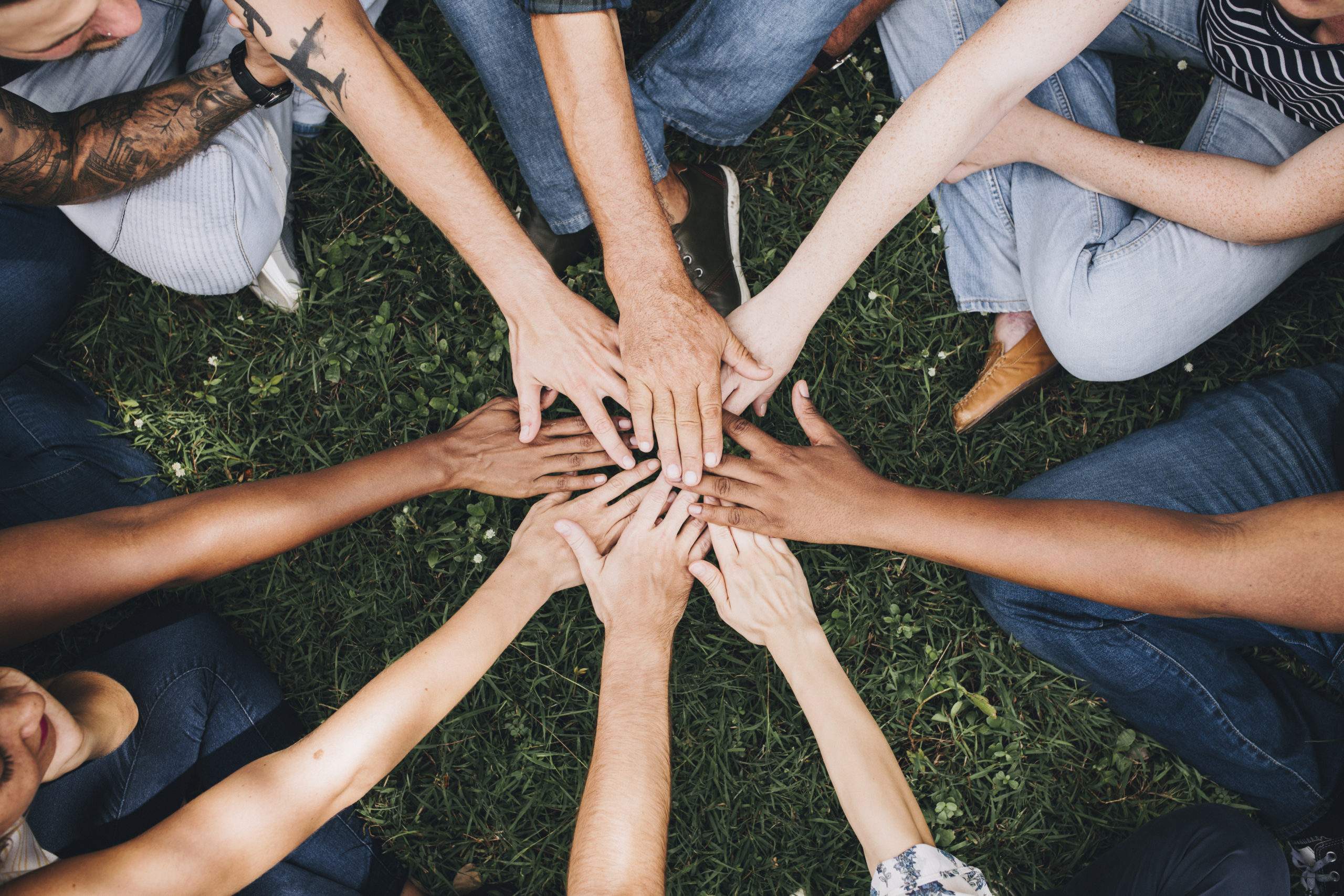Something important is happening in our society today: people are being mindful. More often. In more ways. And in more places. In our view, the simple act of being present has the power to change everything—how we approach ourselves, our challenges, our relationships, and our communities. We believe being mindful is an idea—actually, a way of being—whose time has come.
Mindfulness is not obscure or exotic. It’s familiar to us because it’s what we already do, how we already are. It takes many shapes and goes by many names. In his basketball days, former senator Bill Bradley called it a sense of where you are, and for many athletes today it’s being in the zone. For caregivers, it’s attention and empathy. For soldiers and first responders, it’s situational awareness. For business leaders, it might be presence or flow. Artists see it as spontaneity and thinkers as contemplation.
Mindfulness is not a special added thing we do. We already have the capacity to be present, and it doesn’t require us to change who we are. But we can cultivate these innate qualities with simple practices that are scientifically demonstrated to benefit ourselves, our loved ones, our friends and neighbors, the people we work with, and the institutions and organizations we take part in.
When an idea’s time has come, it’s part of the zeitgeist, the spirit of the times. Living mindfully is one such idea. Solutions that ask us to change who we are or become something we’re not have failed us over and over again. We’re ready for an approach that recognizes and cultivates the best of who we are as human beings.
Five Key Reasons to Practice Mindfulness
Mindfulness is not only timely. It also has the potential to become a transformative social phenomenon, for these key reasons:
1. Anyone can do it
Mindfulness practice cultivates universal human qualities and does not require anyone to change their beliefs. Everyone can benefit and it’s easy to learn.
2. It’s a way of living
Mindfulness is more than just a practice. It brings awareness and caring into everything we do—and it cuts down needless stress. Even a little makes our lives better.
3. It’s evidence-based
We don’t have to take mindfulness on faith. Both science and experience demonstrate its positive benefits for our health, happiness, work, and relationships.
4. It sparks innovation
As we deal with our world’s increasing complexity and uncertainty, mindfulness can lead us to effective, resilient, low-cost responses to seemingly intransigent problems.
This mindfulness movement is making a real difference. In hospitals and doctors’ offices, it’s improving patients’ health and delivering better care. In classrooms, teachers are using it to foster healthier learning environments. First responders are becoming more resilient, and trauma sufferers are using it to heal. In business, mindfulness and awareness—and yes, kindness and compassion—are increasing job performance and satisfaction. In every sphere, leaders find that mindfulness practice helps keep their vision alive in the heat of the moment.
read more
How 2020 Is Uncovering What Really Matters
Founding Editor Barry Boyce takes a look at how this turning point in history may turn us toward the strength we all have within and help us reimagine what is possible.
Read More
A Guided Practice to Connect with What Matters Now
It’s so easy to get caught up in the chatter of our own thoughts. Founding Editor Barry Boyce guides us through a practice to cut through the noise and take time for what matters.
Read More
Do You Need a Mindfulness Teacher?
Founding Editor Barry Boyce digs into what a good mindfulness teacher can offer us.
Read More









